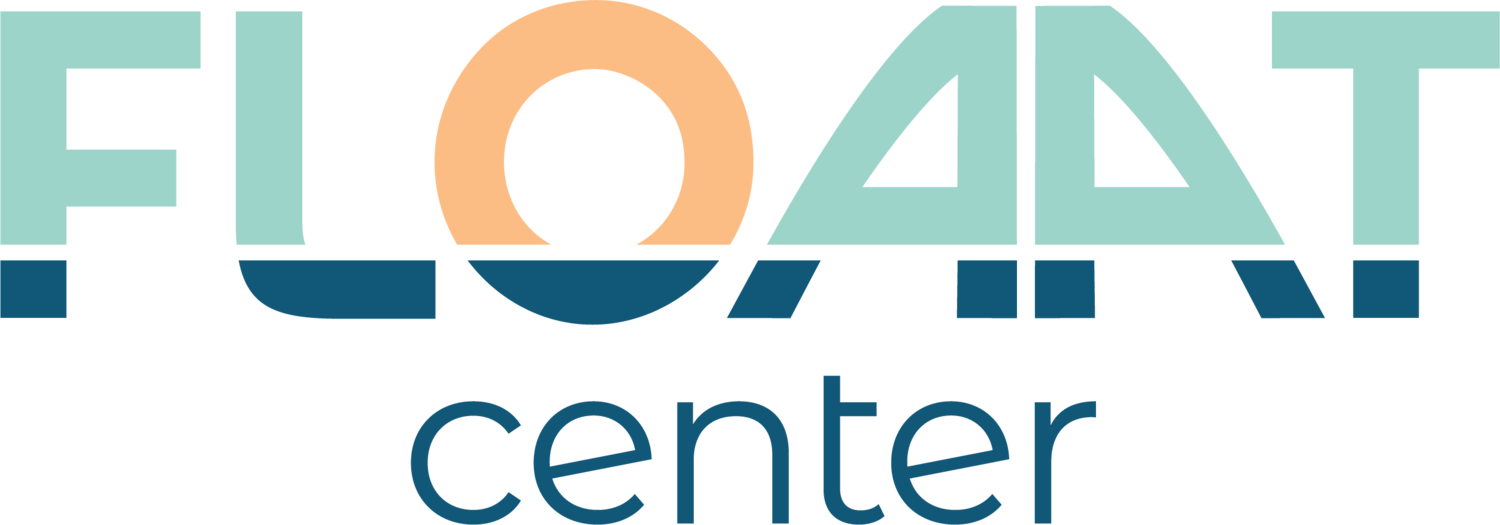Time Blindness and Productivity Hacks for ADHD Minds
Author: Mokshvi Shah, BS Northeastern University Student
Published: May 2025
If you live with ADHD, you might already know what it feels like to completely lose track of time. Maybe five minutes turns into an hour. Or a day slips by and that “simple” task still isn’t started. You’re not lazy, you’re likely dealing with something called time blindness.
Time blindness is one of the lesser-known but deeply impactful aspects of ADHD. It can make staying on schedule, meeting deadlines, or even transitioning between tasks feel nearly impossible. But with the right strategies, and a lot of self-compassion, you can work with your brain, not against it.
What Is Time Blindness?
Time blindness is a term used to describe the difficulty many people with ADHD have in perceiving the passage of time. It’s not about being careless, it’s about how the ADHD brain processes time differently.
You might notice:
Difficulty estimating how long things will take
Trouble starting or stopping tasks on time
A tendency to hyperfocus (get lost in one task) or procrastinate
Forgetting deadlines or appointments, even if they really matter to you
Living in “now” or “not now,” instead of a flexible timeline
This can lead to frustration, anxiety, missed opportunities, and a sense of constantly “falling behind.”
Why Productivity Tips Often Miss the Mark
Traditional productivity advice, “just use a planner,” “prioritize better,” “stop procrastinating,” often fails people with ADHD. That’s because these tips assume:
A consistent sense of urgency
An ability to internally track time
Reliable motivation on demand
ADHD brains don’t work that way. But that doesn’t mean you can’t be productive. You just need tools tailored to how your brain actually functions.
ADHD-Friendly Productivity Hacks That Actually Help
Externalize time
If you can’t feel time passing, make it visible:
Use large digital clocks in your workspace
Try time-tracking apps
Use visual timers (like Time Timers) for short tasks or breaks
Break tasks into tiny chunks
Your brain may shut down at big, vague tasks like “write report.” Instead:
Break it into parts: “open doc,” “write intro,” “set timer for 10 min”
Celebrate micro-wins. Progress is progress.
Use alarms, lots of them
Set reminders not just for what to do, but when to stop or switch tasks. Try:
A “start task” alarm
A halfway-through check-in
A “wrap up and move on” signal
Anchor tasks to routines
Attach new habits to existing ones. For example:
“After brushing my teeth, I check my planner.”
“Right after lunch, I tackle one thing on my work list.”
Gamify productivity
Make tasks more interesting to your brain:
Challenge yourself: “Can I finish this before the playlist ends?”
Compassion over perfection
You’ll forget. You’ll get off track. That doesn’t mean you’re failing.
Try replacing “Why can’t I just…?” with “What would support me better right now?”
Therapy Can Help, Too
Time blindness can affect every part of life, school, work, relationships, self-esteem. Therapy provides a space to:
Explore your unique ADHD profile
Build personalized systems that work with your brain
Practice executive functioning skills in real life
Unlearn shame-based narratives around “laziness” or “disorganization”
